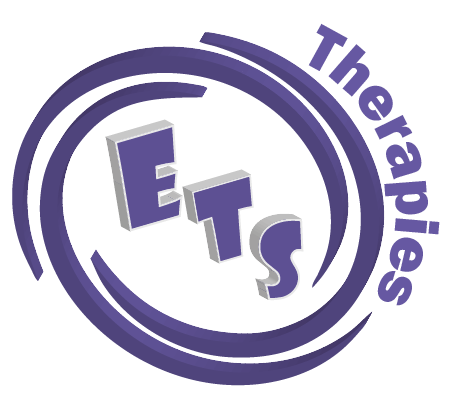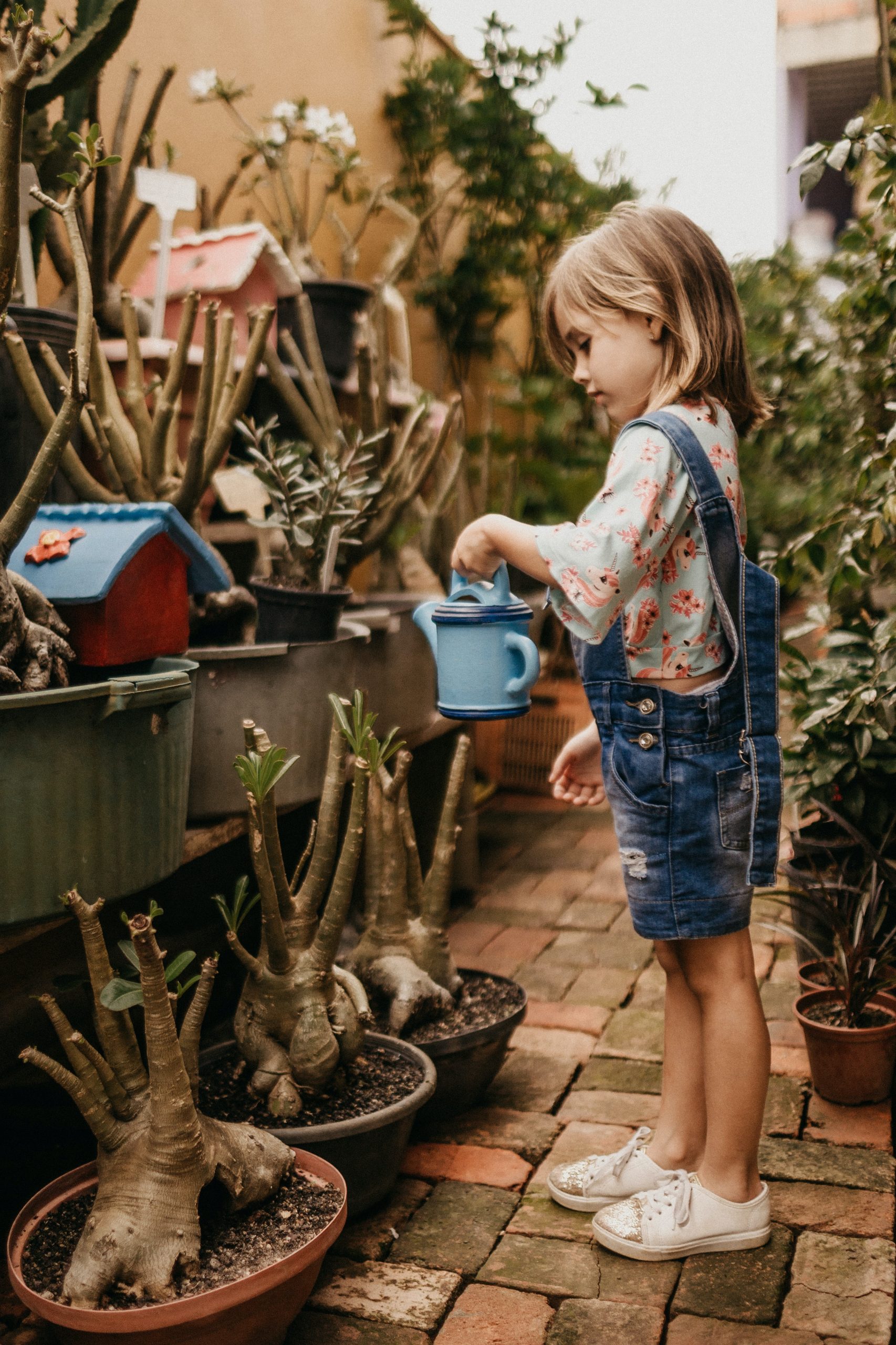Horticultural Therapy
ETS Therapies

Contact with plants can foster fascination which is mentally recuperative. The process of growing plants provides parallels and metaphors for personal experiences and growth. Purposeful, practical sessions with specific goals assist processes and outcomes, resulting in satisfaction and enjoyment for the participant.
Horticultural therapy has shown excellent results for those who have any kind of mental trauma, and has proven successful time and time again, for many years.
Today, ETS Therapies uses horticultural therapy as a supremely beneficial and effective therapeutic modality.
Rationale for Social and Therapeutic Horticulture (STH) sessions
1. Underlying Principles
There is increasingly well-recognised evidence-base for the efficacy of contact with plants as being beneficial to human’s wellbeing and health. For example:
- Kaplan’s Attention Restoration Theory states that working with and even just being near to plants can bring about fascination, which is mentally restorative, rather than fatiguing.
- Ulrich showed that the presence of plants can significantly reduce stress and powerfully engage most individuals
- Various studies have proven that many plants have the ability to remove various pollutants from around them and so improve air quality and therefore help maintain good general health
- The physical health benefits of gardening tasks can have the equivalent health impact of sports and exercise
Such work has led to the now generally accepted term of ‘Biophilia’ to describe the very close association and reliance of humans on plants and nature for our physical and mental wellbeing.
In addition, Universal human emotional needs include, amongst other things, security, to be able to give and receive attention, to have a sense of control in one’s life, to gain a sense of achievement, to have a sense of status, and to have fun. (Tyrrell, 2003). A facilitated programme of gardening and nature-based activity for individuals or groups by experienced Practitioners can be transformational in meeting these needs.
2. Session Aims
‘Near Nature’ experiences and nurturing of plants provides multiple opportunities to reduce stress whilst having enjoyable learning experiences; engaging activity and success can improve self-esteem and confidence and increase resilience to challenges in individual’s lives.
In addition, sessions can create the physical and psychological space to allow clients with additional support needs, who may be presenting with specific challenges or even trauma in their lives, to address such issues in a safe and supported way. When sessions are facilitated by experienced counsellors or psychotherapists, past experiences may be safely and gently explored either via creative and non-verbal interactions, or through more explicit discussion.
Sessions may therefore not only be restorative and foster coping strategies, but also increase insight and acceptance of past experiences and thereby enable individuals to maintain or increase wellbeing and help realise their potential.
3. Target groups
Interventions may be tailored to either individuals or group cohorts whose presenting behaviours indicate a range of needs, from poor mental health to specific trauma, from learning difficulties to ASD diagnoses, from social isolation to challenging behaviours.

Interventions by ETS Therapies can lead to reduction not just in trauma symptoms, but also the associated behavioural symptoms displayed by the children with whom we are entrusted.
Through addressing the root causes of trauma symptoms, ETS has been able to help countless children get back on track to being children again.

Get In Touch


Call
07908 869316
admin@ets-therapies.co.uk.test
Head Office
20-22 Wenlock Road, London, N1 7GU
Hours
Mon – fri: 8am – 5pm

